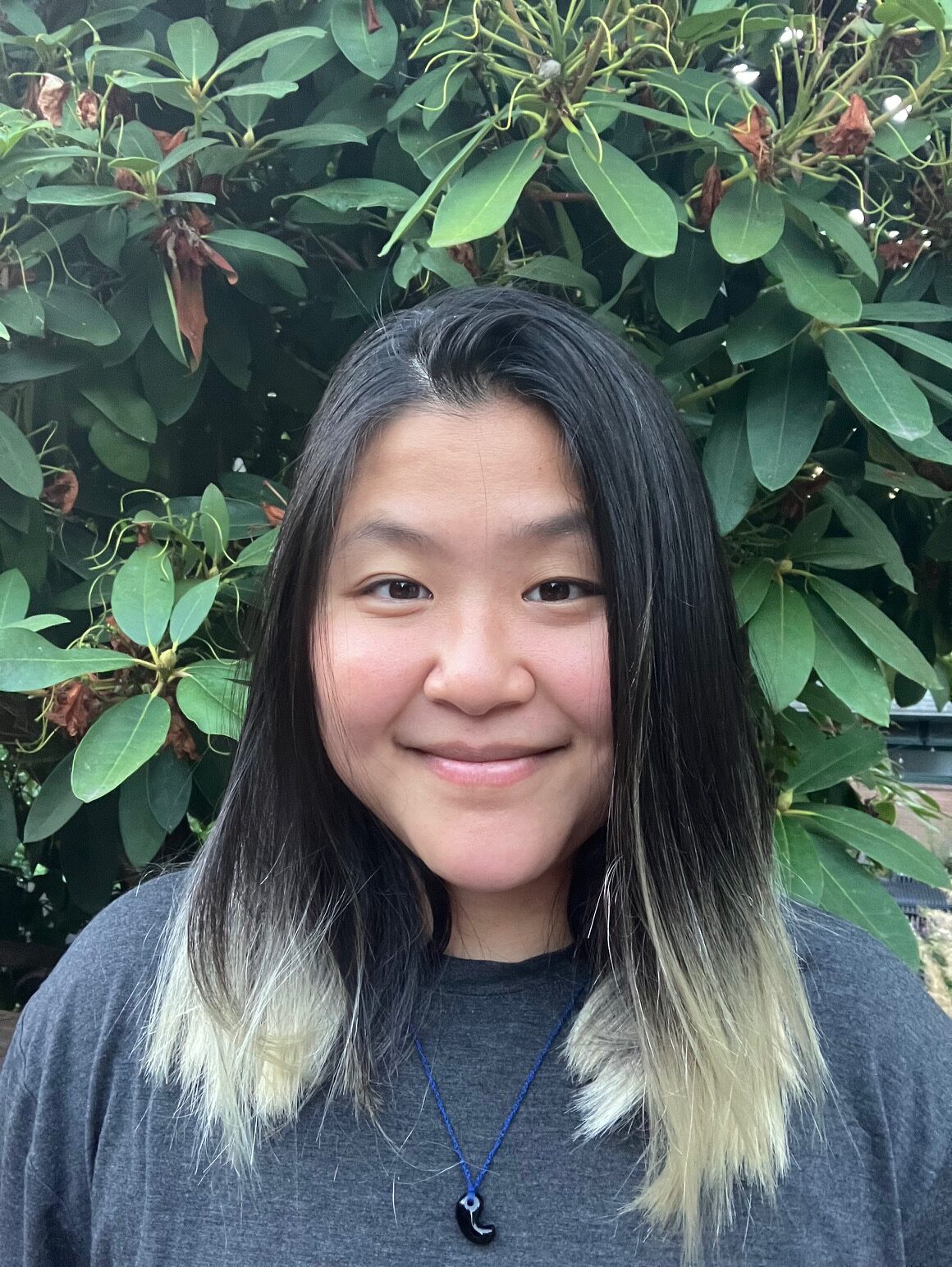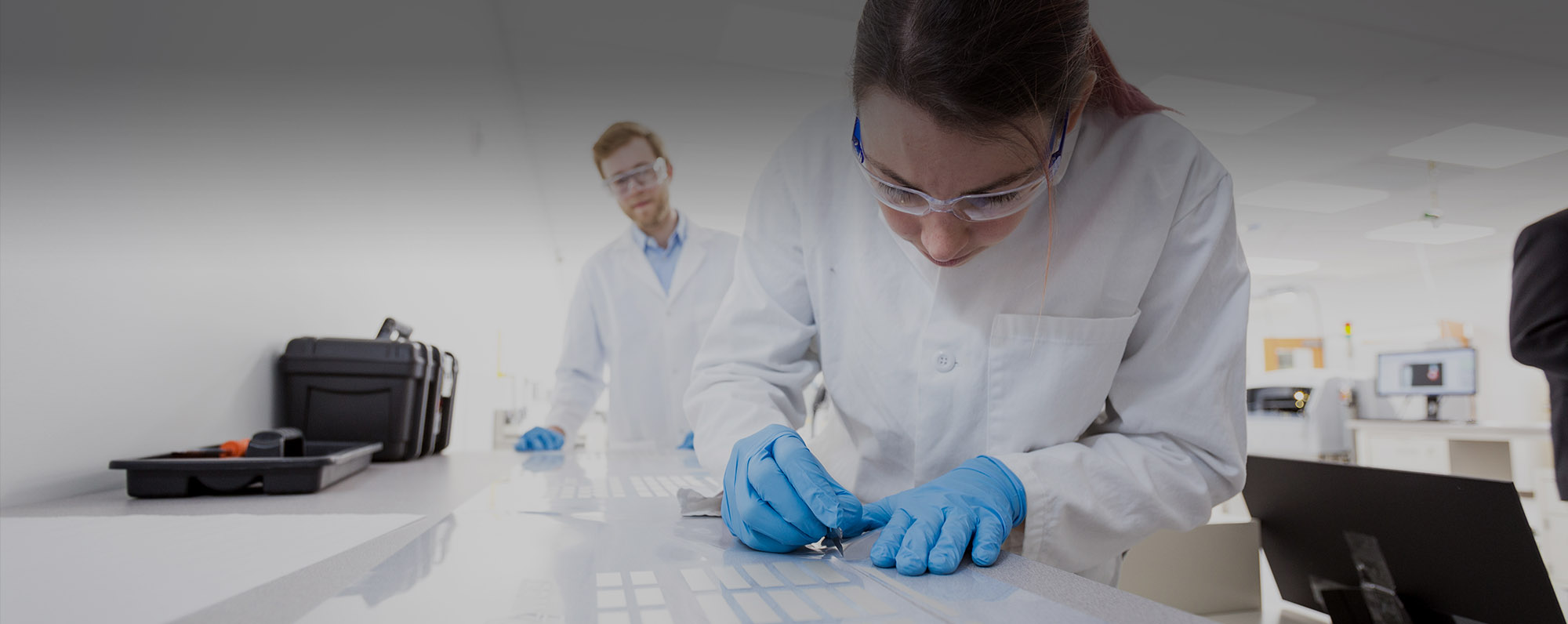
Department: Chemistry
Advisor: Dianne Xiao
Traditional methods of CO2 capture are thermodynamically driven so they are costly and energy-intensive. Electrochemical CO2 capture (eCC), where controlling potential captures and releases CO2 at ambient conditions, is an attractive alternative. Electrically conductive metal-organic frameworks (cMOFs) show promise in eCC due to having high Faradaic efficiency, absorbance capacity, and capturing at low overpotentials in mild conditions. However, it is difficult to extrapolate the electrochemical properties of these materials. I will be studying the small molecule equivalent of cMOFs to better understand the mechanism of eCC. Overall, this work will help determine if a macrocycle, a truncated cMOF, can combine the best properties between a molecular and cMOF catalyst, one that that can do eCC efficiently by having MOF-like porosity and charge transport while improving solution –processability, increasing access to active sites and overall performance.



